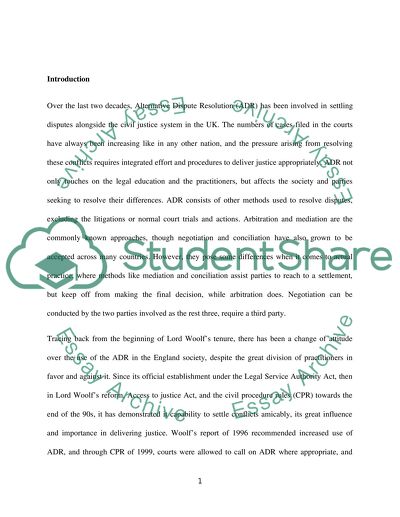Cite this document
(“Module -The English Legal System: TitleGiven the many advantages of Essay”, n.d.)
Module -The English Legal System: TitleGiven the many advantages of Essay. Retrieved from https://studentshare.org/law/1498448-module-the-english-legal-system-titlegiven-the
Module -The English Legal System: TitleGiven the many advantages of Essay. Retrieved from https://studentshare.org/law/1498448-module-the-english-legal-system-titlegiven-the
(Module -The English Legal System: TitleGiven the Many Advantages of Essay)
Module -The English Legal System: TitleGiven the Many Advantages of Essay. https://studentshare.org/law/1498448-module-the-english-legal-system-titlegiven-the.
Module -The English Legal System: TitleGiven the Many Advantages of Essay. https://studentshare.org/law/1498448-module-the-english-legal-system-titlegiven-the.
“Module -The English Legal System: TitleGiven the Many Advantages of Essay”, n.d. https://studentshare.org/law/1498448-module-the-english-legal-system-titlegiven-the.


